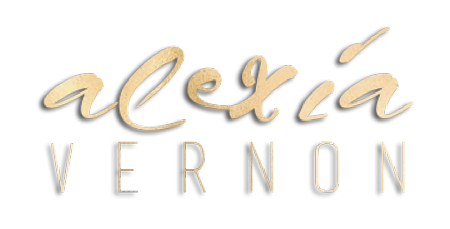An expert on disability inclusion and disability-inclusive leadership, Sarah Kirwan is the founder and CEO of Eye Level Communications, a woman-owned and disability-owned business. She is a forward-thinking DEIJ Consultant and Trainer with 25 years of experience advising leaders and collaborating across disciplines to advance culture in line with shared values and strategic plans.
Sarah has held multiple executive positions, including Assistant Hospital Administrator and Public Information Officer for Rancho Los Amigos National Rehabilitation Center, a world-renowned physical rehabilitation hospital in Los Angeles, California. She is accomplished at establishing the conditions for constituent success. As a result of her work in Congress on the Affordable Care Act (ACA), she was selected to lead the implementation of new ACA hospital policies.
Sarah is a vibrant speaker and passionate thought leader, accomplished at establishing conditions for constituent success, gaining buy-in for custom solutions, and creating a shared vision of accessibility.
Sarah graduated Magna Cum Laude from California State University, Los Angeles, with a Master of Science degree in Public Administration.
In 2011, Sarah was diagnosed with Multiple Sclerosis, and in 2019, she was diagnosed with Superior Semicircular Canal Dehiscence. Her combination of personal and professional experience makes her a trusted resource and a passionate disability justice and disability inclusion champion. She uses her voice to amplify those that go unheard and empower those who have yet to find theirs.
During episode 509 of Moxielicious® with Sarah Kirwan, we discuss—
- What disability inclusion really means—and why focusing on hiring people with disabilities is not enough
- The importance of providing pathways for people living with disabilities to move into leadership roles with real decision-making power
- The double-bind of “invisible” disabilities—and the cost of having to prove you are disabled enough
- Why disability inclusion training is needed beyond traditional DEI training
- The value of volunteership and giving back for people living with disabilities
Resources Mentioned in This Episode:
- Learn more about Sarah Kirwan and how she supports leaders and organizations with disability inclusion through her company, Eye Level Communications
- Connect with Sarah on Instagram and LinkedIn
- Listen to Sarah’s Incluse This! Podcast for more disability inclusion recommendations
- Learn more about the Moxielicious® Mastermind for women coaches, consultants, trainers, and experts—and submit your application early
- Please leave a review and subscribe to Moxielicious® via Apple Podcasts, Stitcher, Google Play, or Spotify so you never miss an episode!


